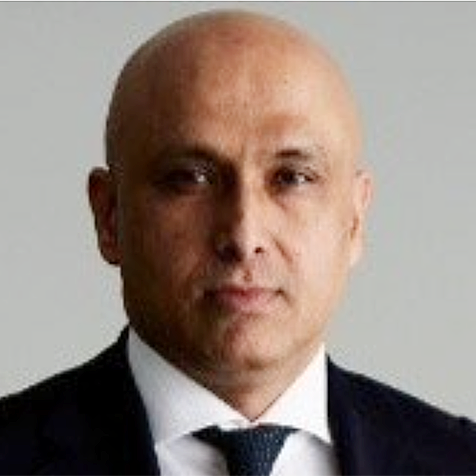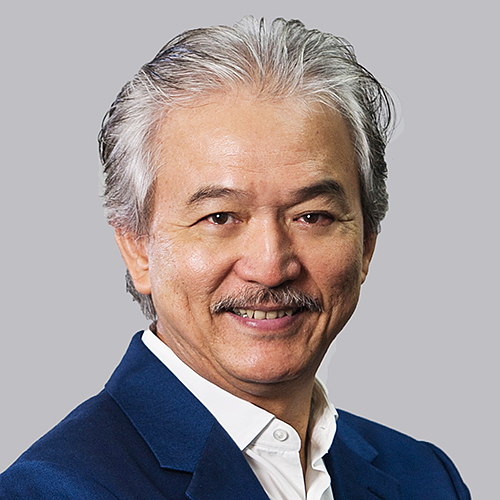Wealth managers in Asia have an opportunity to build their businesses by helping to plug a financial knowledge gap among high net worth individuals (HNWI), according to M&G Investments’ inaugural Asia Wealth Barometer, which found that wealthy investors in Asia aspire to a higher level of investment knowledge, and that there is a gap between perceived vs. actual financial knowledge.
Having rated their own financial knowledge at around 60 to 65 out of 100 on average, respondents across all of the four Asian markets surveyed said they aspire to attain a level of 70 to 80 in the future. Chinese investors’ desired level of investment knowledge is the highest (80) across all the four surveyed markets, while Hong Kong has the lowest (72).
Across three of the four markets surveyed, actual levels of knowledge as assessed through a set of financial questions are at least five to 20 points below perceived knowledge.
Singaporean HNWIs proved the exception, with almost equal levels of perceived vs. actual knowledge. The knowledge gap is particularly apparent in China and Indonesia, where there is a difference of 16 and 26 points respectively between perceived and actual levels of financial knowledge.
In addition, Singaporean respondents have the highest average score for actual financial knowledge at approximately 64, in contrast to the lower scores in Hong Kong, China and Indonesia at approximately 54, 48 and 37.
Also as a general trend, those with higher net worth scored lower in terms of actual financial knowledge and had a higher tendency to overestimate their financial knowledge.
The biggest reason for increasing investment knowledge (39%) is because respondents want to be in a position to manage more of their money themselves. In Hong Kong this ratio is the lowest across the region at 31%, however investors in this market scored the highest (14%) in terms of wanting to better understand conversations with their financial advisers.
In Singapore and Indonesia, 16% and 20% of respondents respectively expressed a desire to increase their investment knowledge in order to invest in more complex financial products. Those with over US$10m in investible assets also expressed a desire to increase their investment knowledge for the same reason (19%).
The survey found that wealth managers are the number one resource (55%) for sourcing investment ideas and information amongst HNWI. Digital media (48%) and friends & family (48%) both follow closely behind and outweigh traditional media (44%). Certain segments value and rely on digital media sources as much as or even more so than professional wealth managers, including respondents from Indonesia, those under the age of 35 and the ultra HNW respondents.
Moreover, 65% of respondents in Indonesia and China have high confidence that they could harness their online network to improve their financial situation, in contrast to 39% and 42% in Hong Kong and Singapore respectively. However the survey found that those who are most reliant on digital media also fare relatively poorly for financial knowledge
“We notice a trend that those who are most reliant on digital media resources, particularly the ultra HNW investors and those who are based in the emerging markets such as China and Indonesia, have the greatest gap between their perceived and actual level of knowledge. It shows that these HNW individuals are struggling to translate the abundance of information from the internet into meaningful investment knowledge,” said Andrew Hendry, Asia managing director of M&G Investments.
“In order to help clients make informed investment decisions and achieve wealth creation and preservation goals, wealth managers and private banks need to find a compelling way to engage this audience or they risk them ‘going it alone’. We believe this trend overall has created a great opportunity for the wealth management community to fully embrace the digital age and support the Asian wealthy with financial education, which is very much sought after as shown in our survey,” added Hendry.
The M&G Asia Wealth Barometer is the first study of its kind to focus on the four most important wealth management markets in Asia, namely the regional wealth management hubs Hong Kong and Singapore, as well as the Asian countries with the highest amount of wealth and highest number of HNW individuals in China and Indonesia.
M&G Investments commissioned Scorpio Partnership to conduct this study in March 2015 and the findings are based on a sample size of over 1,000 individuals in China, Hong Kong, Indonesia and Singapore with an average worth of $6.8 million. It aims to investigate the investment aptitude and attitude of Asian HNW individuals under four main themes: knowledge, network, choices and goals.
The first round of findings released today are focused on knowledge and network, while the findings under the other two themes, choices and goals, will be published in due course.









